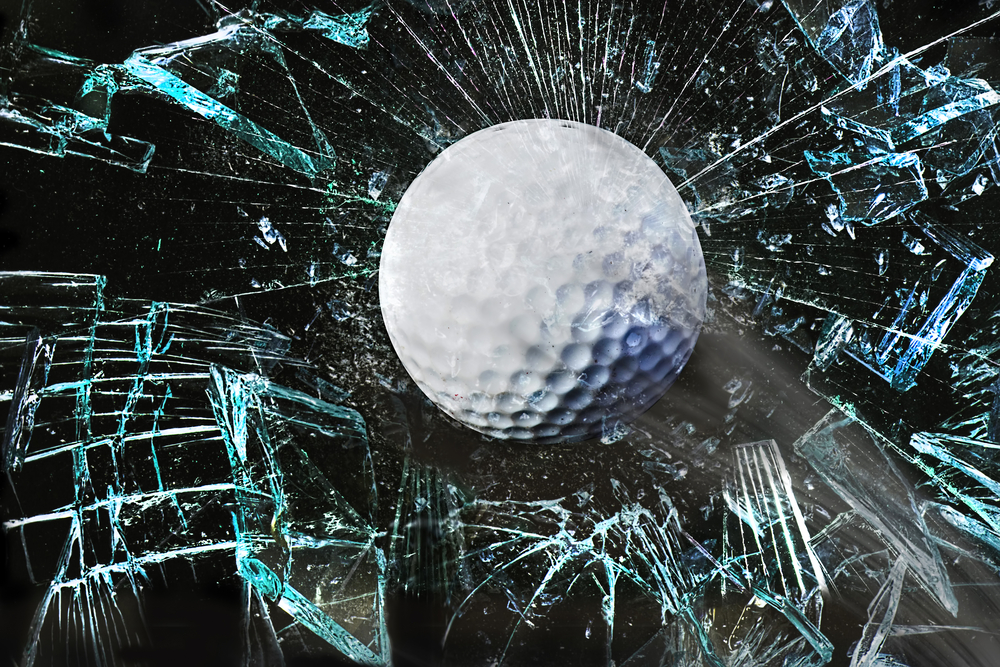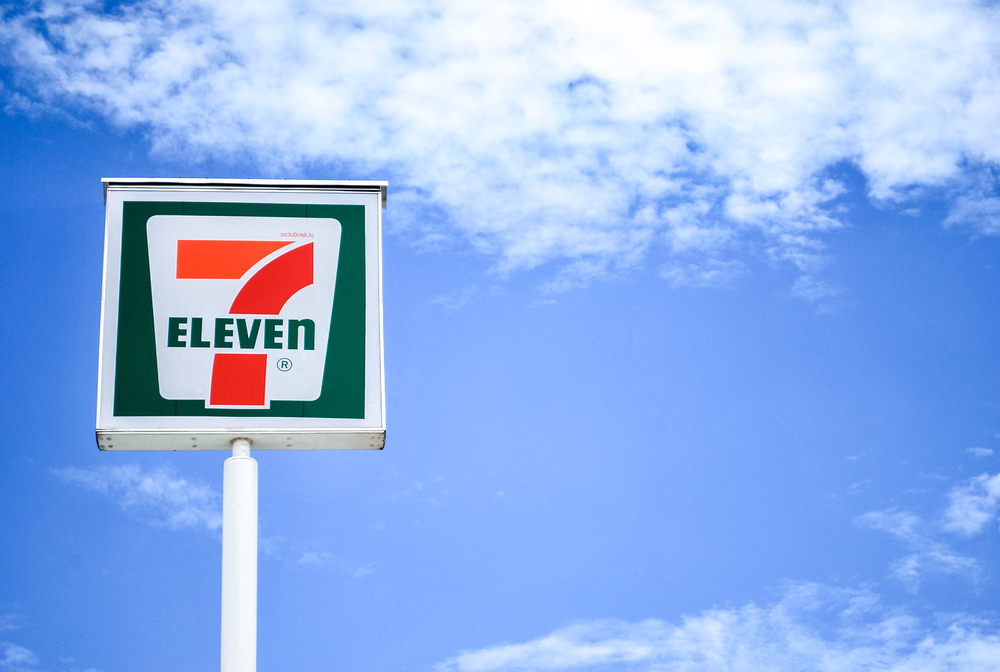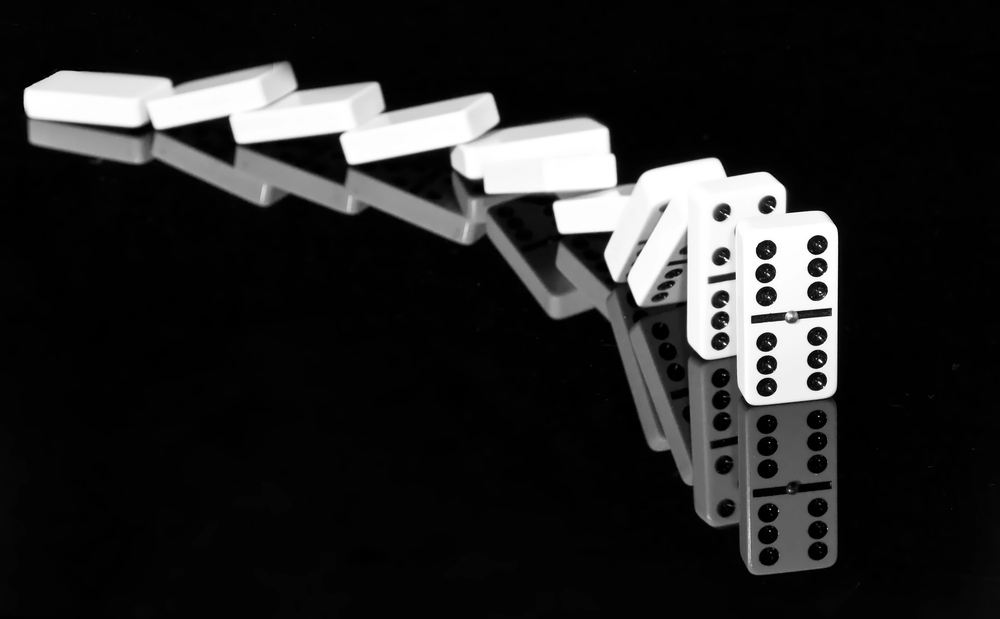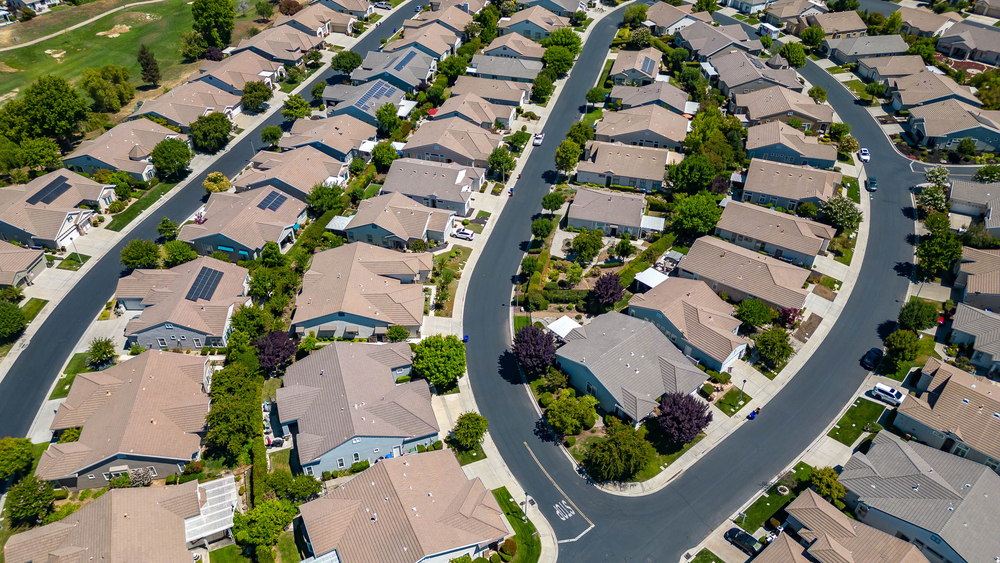Personal Liability for Hitting a Golf Ball Through Someone’s Window

By: Big “I” Virtual University Faculty
An insured lives in a home on a golf course. A golfer’s ball shattered a window in the home. The golfer said he caused the damage and he submitted a claim. However, the carrier said there was no coverage because the damage was not intentional and it’s the “hazards of living on a golf course.” The adjustor did not list any exclusions.
Q: Is a golfer legally liable for damage to a home on a golf course?
Response 1: Amazing! Stuff like that gives all of us the rotten reputation that we have for short-changing the public. To answer your question, the golfer’s policy may include a voluntary property damage feature that would allow the company to pay for an incident like this. However, it is possible that the policy lacks that feature or the adjuster has decided not to engage it.
That leaves only one option for your insured: Bring a lawsuit in small claims court and force them to pay under the property damage liability coverage which is probably included in the golfer’s policy.
Response 2: The issue is whether the insured is legally liable, so it’s a legal question. Ask the insurer to provide more information on why they have determined that the golfer is not liable.
Personal liability responds if the insured is legally liable. Unless the insuring agreement is triggered, it makes no difference whether there is an exclusion. Our legal system does have defenses under negligence, such as the assumption of risk, which is a possibility because this homeowner purchased a house on a golf course where this type of loss is probable. A number of other factors could also be considered. Was the home built too close to the golf course and therefore the builder may be liable?
Response 3: The golfer that inadvertently damaged a window may not be legally responsible for the damage. Sometimes the assumption of risk doctrine bars claims for injury or damage suffered on a golf course. If the golfer isn’t liable, his personal liability coverage can deny the claim. However, the additional coverage for damage to property of others, typically $500 to $1,000, should apply as it extends without regard to liability for damage caused to others’ property.
Response 4: Someone is confused. Intentionally done damage is not covered. Put in a claim on your insured’s behalf against the golfer’s homeowners insurance and follow up with a letter from your insured’s attorney if it comes to that.
Response 5: Liability is covered under a homeowners policy. But a defense to being legally liable is the assumption of risk. If I live on a golf course where there is a possibility of a golf ball hitting my house, it obviously can be argued that I have assumed that risk. In addition, if the home is subject to a homeowners association and covenants, conditions and restrictions, there may be a provision that the homeowner has agreed to exculpate anyone damaging their home with a golf ball.
This question was originally submitted by an agent through the Big “I” Virtual University’s (VU) Ask an Expert service, with responses curated from multiple VU faculty members. Answers to other coverage questions are available on the VU website. If you need help accessing the website, request login information.
This article is intended for general informational purposes only, and any opinions expressed are solely those of the author(s). The article is provided “as is” with no warranties or representations of any kind, and any liability is disclaimed that is in any way connected to reliance on or use of the information contained therein. The article is not intended to constitute and should not be considered legal or other professional advice, nor shall it serve as a substitute for obtaining such advice. If specific expert advice is required or desired, the services of an appropriate, competent professional, such as an attorney or accountant, should be sought.










